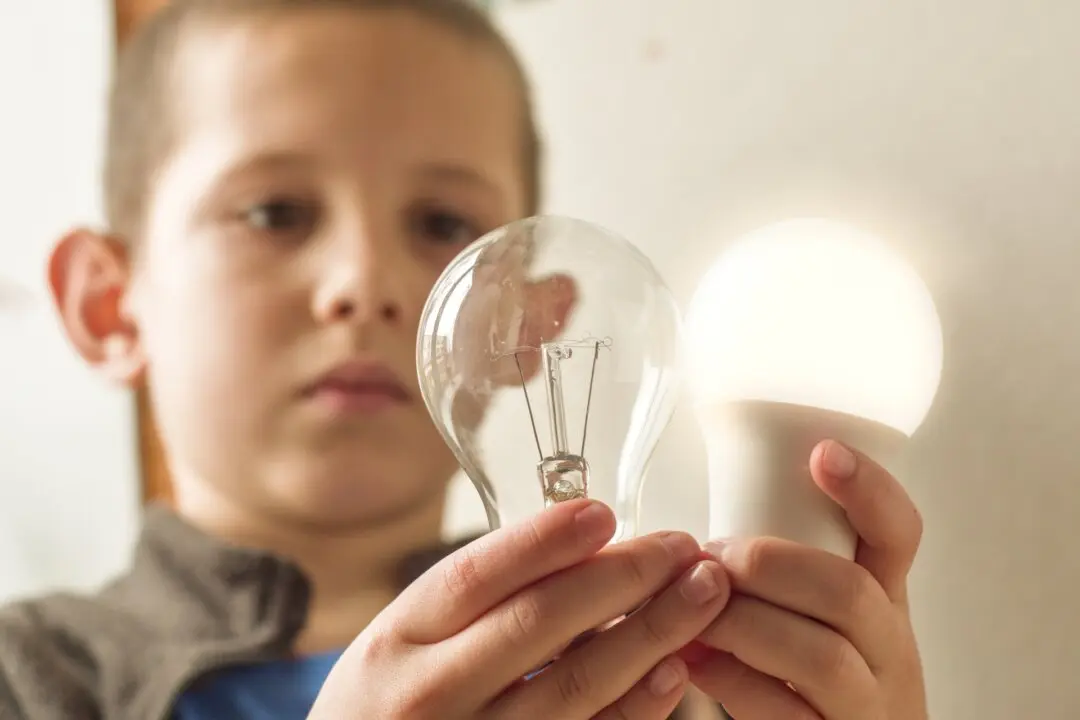Let’s face it: Life loves to throw curveballs when you least expect it. One day you’re breezing through your to-do list, and the next, you’re staring at your flashlight like it’s the Holy Grail because the power’s out and you have no idea where the batteries are.
We’ve all been there, unprepared. It’s time to change that. Let’s chat about what you really need to survive for two weeks when things go sideways.
Food
You'll want to have a stash of nonperishable food that’s easy to prepare and, dare I say, tasty. This is not the time to experiment with recipes that call for 20 ingredients you’ve never heard of. Think simple, comforting, shelf-stable and family-friendly (your family).Canned goods: Beans, soups, veggies, fruits, stew, chili. Let me stress again: store foods your family is happy to eat now—things you regularly purchase and happily eat.





